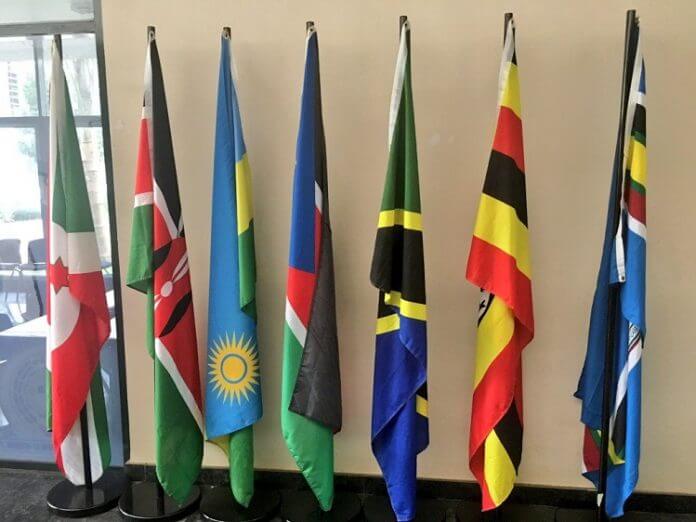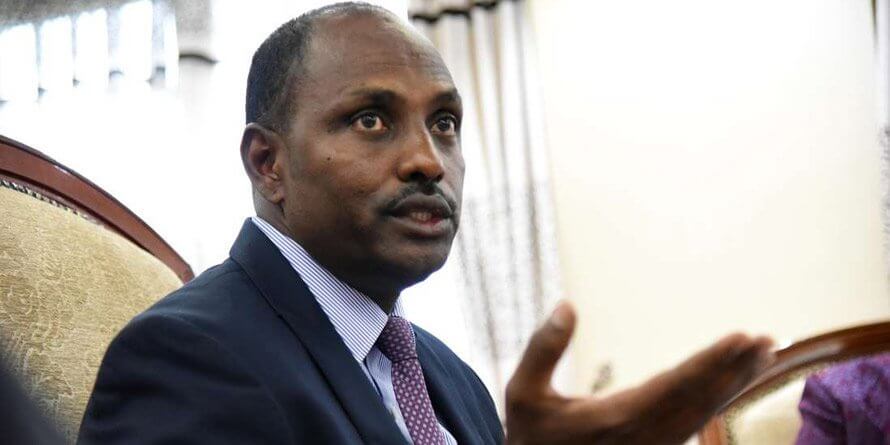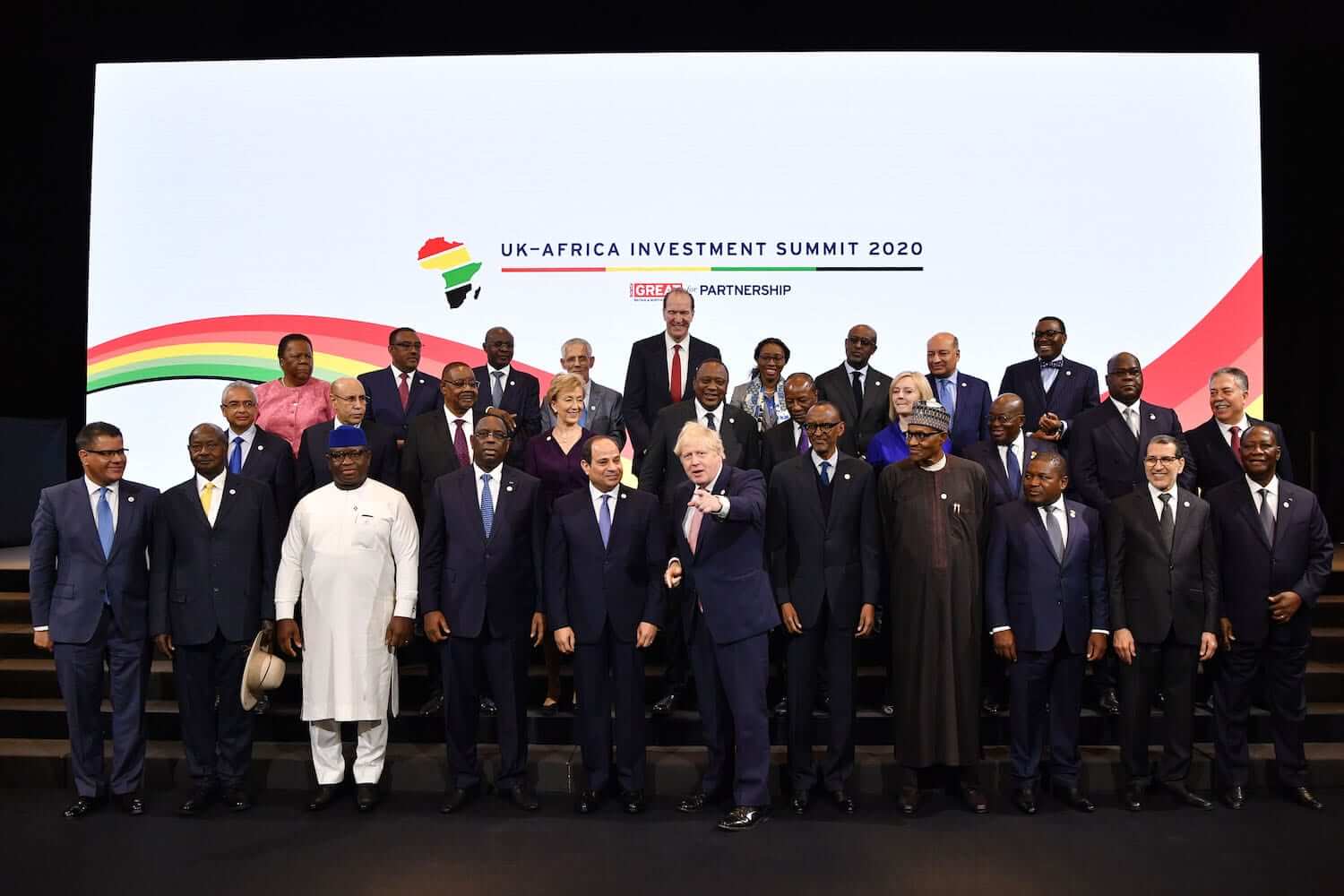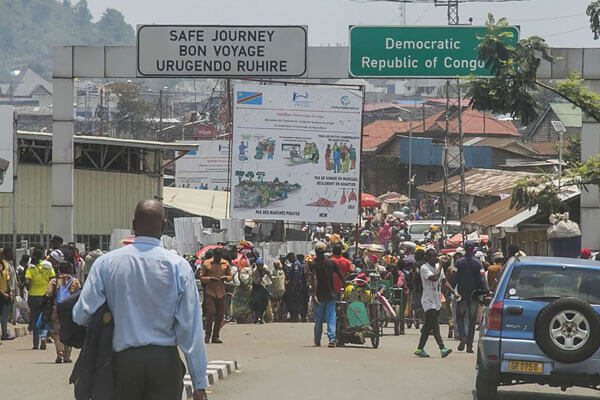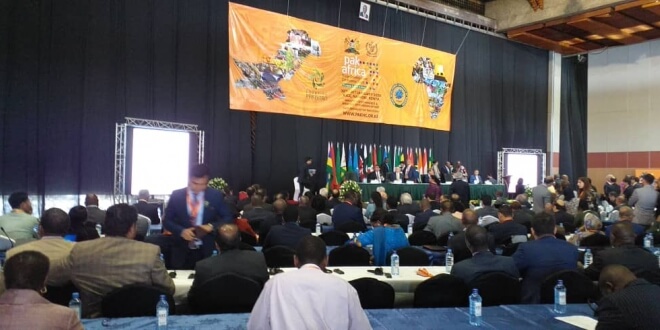The Personal Representative of the German Chancellor for Africa, Mr. Guenter Nooke who was on a working visit to Tanzania, yesterday held bilateral talks with EAC Secretary General Amb. Liberat Mfumukeko at the EAC Headquarters in Arusha. The two leaders discussed development cooperation between the Federal Republic of Germany and the EAC on matters relating to regional economic integration, with particular focus on Health and Agriculture, as well as Customs and Trade sectors. On his part, Amb Mfumukeko said the EAC and Germany have enjoyed a long standing partnership for the last 20 years, with commitments from the German Government amounting over Euros 470 million. He also requested Germany, through Mr. Nooke, to consider more support in Agriculture, Industrial development especially Agro-processing, and ICT sectors as part of institutional transformation in addition to the areas that the Federal Republic is currently supporting. Amb Mfumukeko reiterated that the EAC was deeply interested in penetrating the German and European market in general, which he described as being large and vibrant, adding that the region also hopes to benefit from technology transfer from Europe’s largest economy. Germany has long supported the EAC, and for the last 20 years spent about US$508 million to the region. The joint cooperation focuses on the areas of economic and social integration as well a health. Some of the Germany supported projects in the EAC include EAC Immunization Programme, EAC Regional Network of Public Health Reference Laboratories for Communicable Diseases Project, EAC Scholarship Programme; the Lake Victoria Basin...
EAC, Germany Discuss Economic Integration
Posted on: March 2, 2020
Posted on: March 2, 2020


